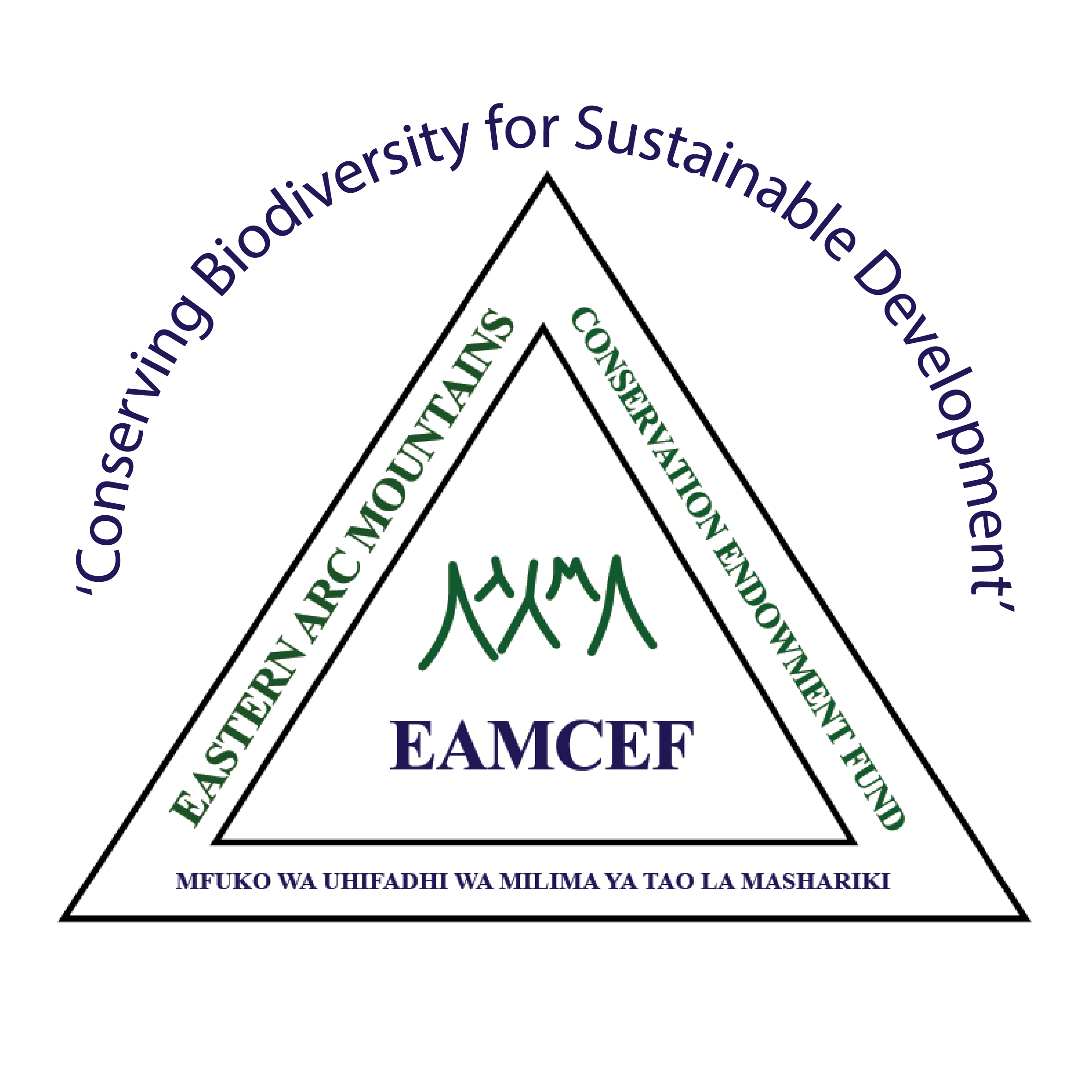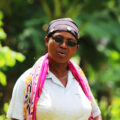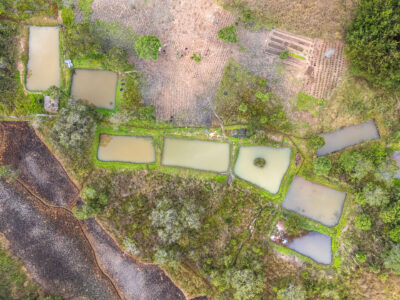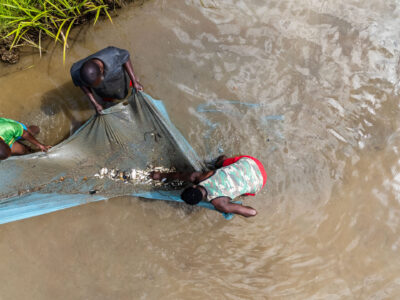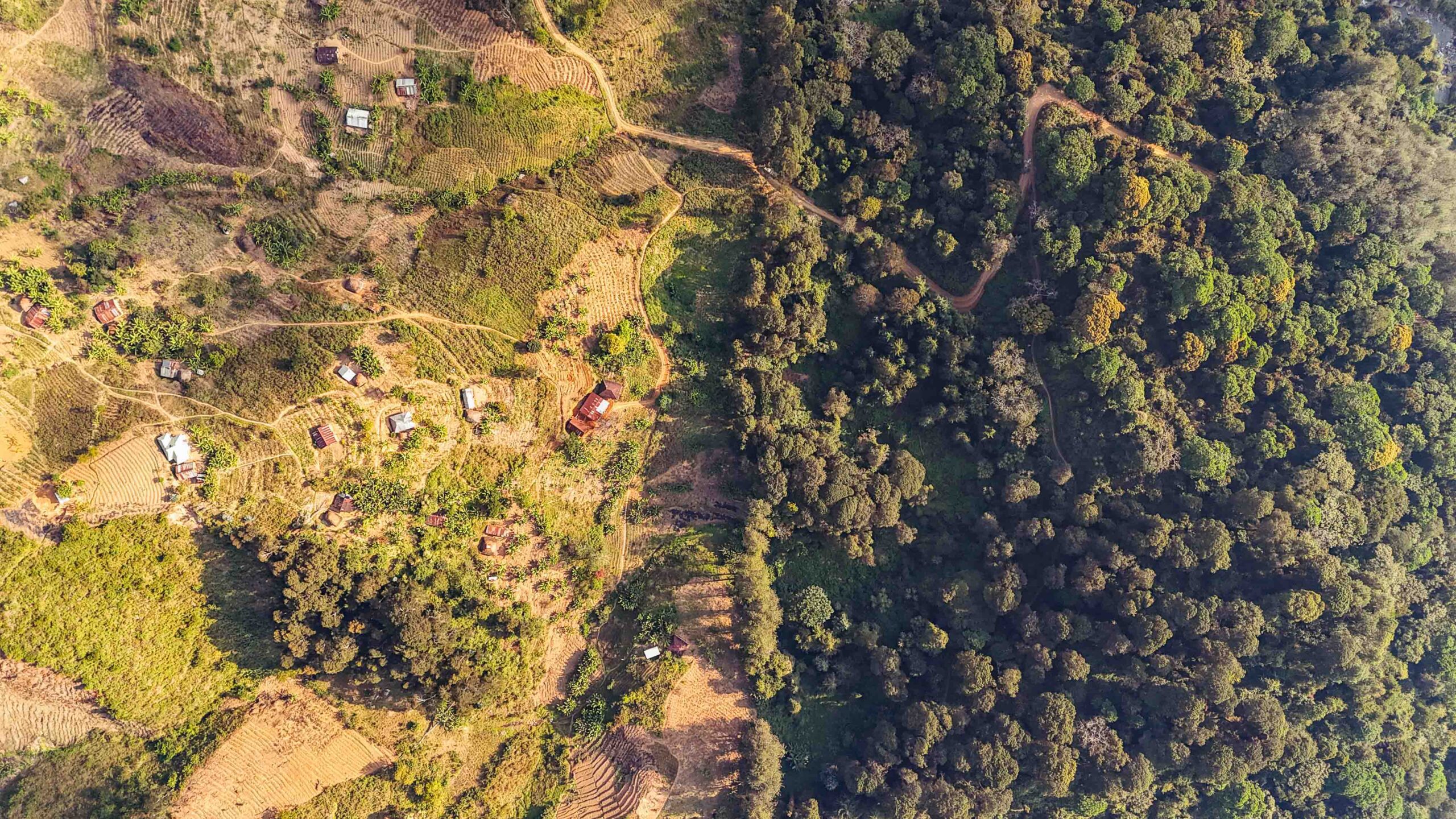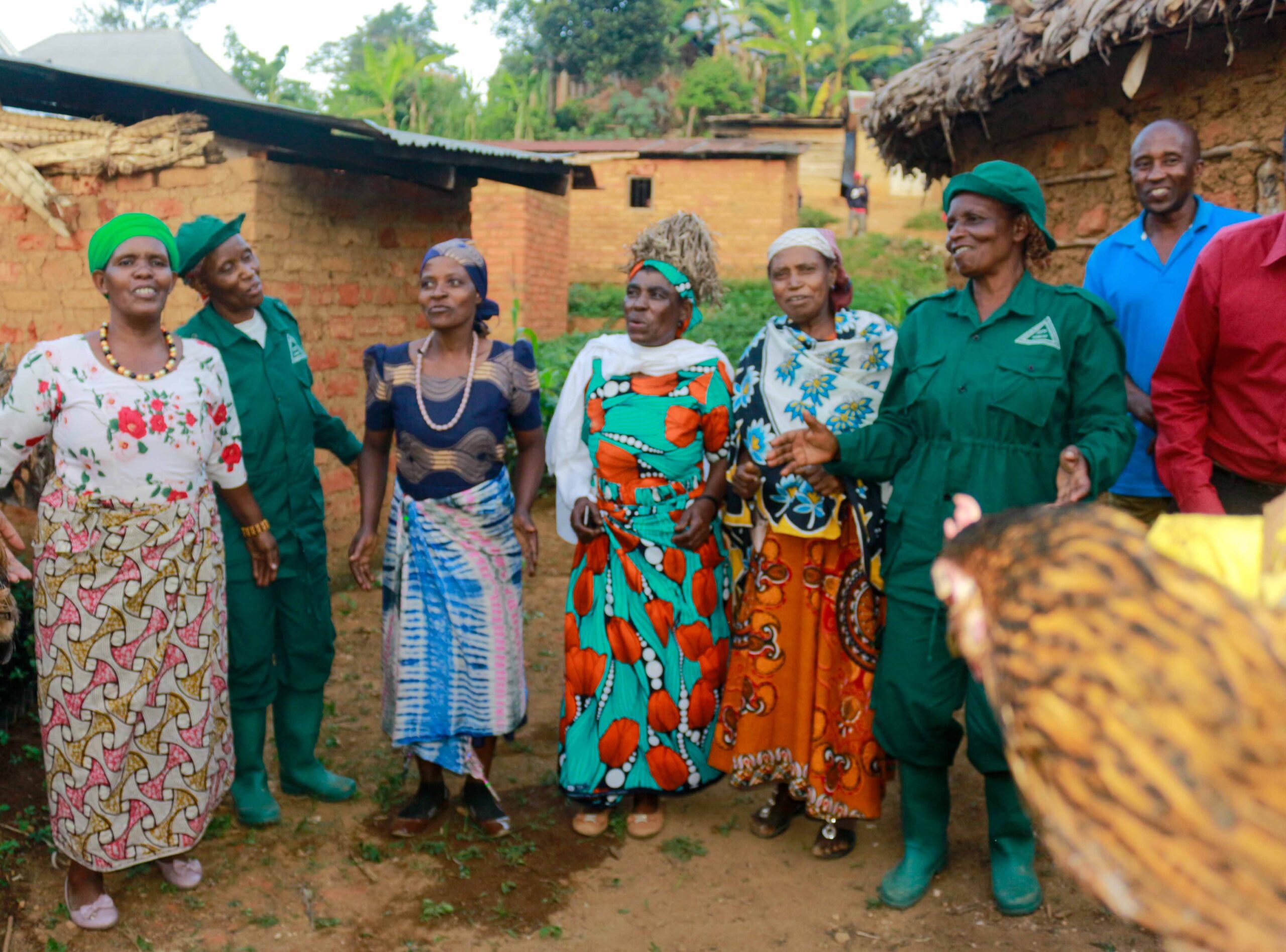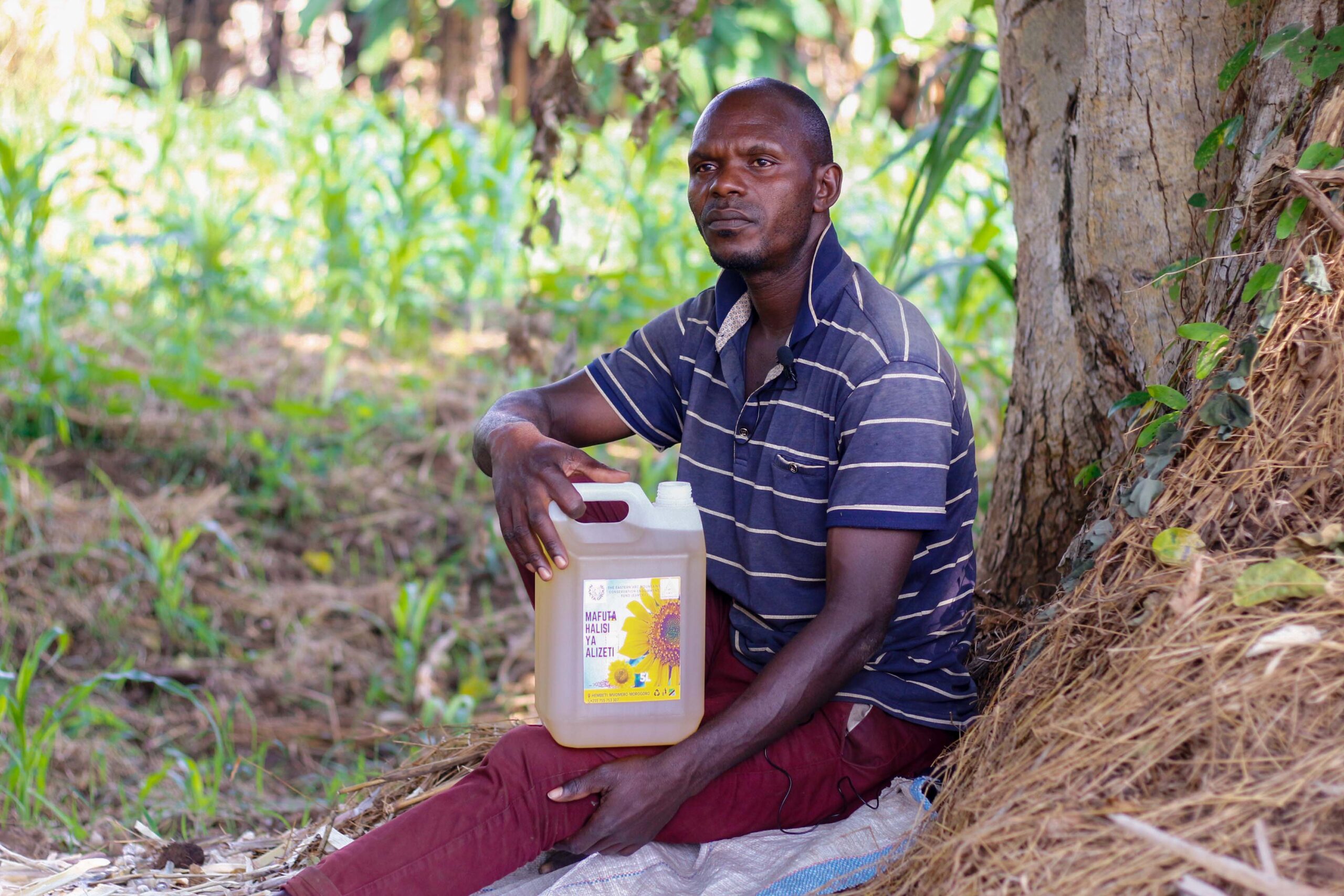Ecotourism infrastructure in the Eastern Arc Mountains has been significantly improved thanks to the efforts…
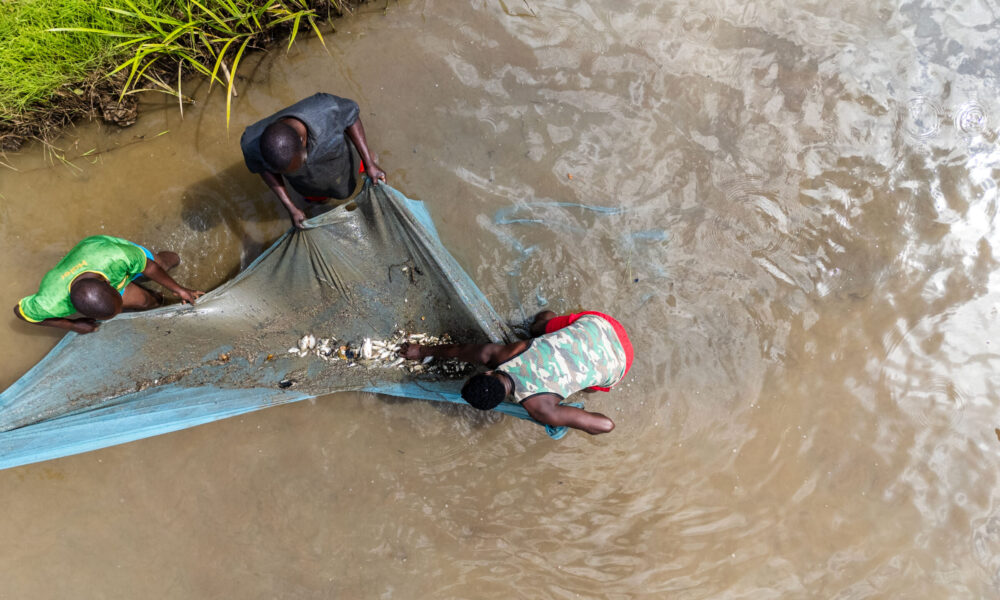
Fish farming in Kilolo District is changing lives, conserving forests, and creating economic opportunities in rural Tanzania. In the small village of Lulindi, located in Ukwega Ward, the Amka Group has become a model of success thanks to a fish farming project funded by the Eastern Arc Mountains Conservation Endowment Fund (EAMCEF).
Led by its Secretary Conifred Myumbu, the group began in 2017 with just 14 members—8 women and 6 men—and received 500 fish fry and one pond. Over time, the group expanded to 21 members and now boasts 26 fish ponds, with early members owning two ponds each.
“This year, I sold fish and bought 16 beehives worth 220,000 shillings,” says Conifred Myumbu. “Also, last year I used the fish income to buy a motorcycle worth 2.8 million shillings and to open a business valued at 1.3 million shillings.”
Strategies and Achievements
From the beginning, the project aimed to both improve livelihoods and support the conservation of the Kilombero Nature Forest Reserve. With consistent support from EAMCEF, the Amka Group achieved remarkable growth. As a result, members have become more self-reliant, using fish farming profits to improve their agricultural practices and diversify income sources.
“We now eat better, earn more, and protect our forests. Fish farming has given us dignity and independence,” says another group member.
Clearly, fish farming in Kilolo District has become more than just a livelihood—it is now a community movement.
Economic and Environmental Benefits
Moreover, the project’s success goes beyond the group itself. Group members have used their earnings to start small businesses, invest in education, and improve their standard of living. Equally important, fish has become a key food source, reducing the community’s reliance on forest resources such as wild meat and firewood.
This shift is contributing directly to the conservation of the Kilombero Nature Forest Reserve, showcasing the environmental impact of sustainable aquaculture.
Project Spread
Consequently, the benefits of the project have begun to spread. Today, Lulindi village has 39 ponds, with six more under construction. Notably, some of these belong to non-members who were inspired by the Amka Group’s success.
“We have become educators,” Conifred explains. “We supply fish fry and teach others about fish farming. People from neighboring villages and even outside Kilolo District come to learn from us.”
Without a doubt, fish farming in Kilolo District is creating a ripple effect that extends far beyond Lulindi.
Kisacha Group in the Same District
Similarly, in Msindo village, the Kisacha Group—initially known for their improved cookstove project—has embraced fish farming. Supported by EAMCEF, they’ve turned it into a model initiative. In addition to fish farming, they raise livestock like chickens, ducks, and goats.
Importantly, recognizing the need for water, the group has become strong advocates for the protection of the Chome Nature Forest Reserve, which supplies water for their ponds.
“We understand now: protecting the forest protects our fish and our future,” says a Kisacha Group member.
Environmental Conservation
As a result of these efforts, the community has moved away from environmentally harmful practices like hunting and deforestation. The availability of farmed fish as a food source has reduced pressure on natural ecosystems, making fish farming in Kilolo District a key contributor to environmental sustainability.
Call to Young People
Looking ahead, Conifred Myumbu has a clear message for Tanzania’s youth—especially those in Kilolo District and Lulindi village:
“If you fail to be a fisherman, you will be lazy,” he says. “Fish farming offers economic benefits and helps conserve our environment. Our young people must embrace it.”
Indeed, the future of community-led conservation and rural development in Tanzania may very well rest in the hands of young people willing to take up sustainable practices like fish farming.
